How to Break a Lease Legally | AAOA
 How to Get Out of a Lease and Not Hurt Your Credit Score
How to Get Out of a Lease and Not Hurt Your Credit Score
Breaking a lease is something that many renters will have to do in their lifetime. Whether it’s a new job opportunity, unexpected family circumstances, or even a desire to change living arrangements, you will likely find yourself considering the option sooner or later.
However, even though it’s relatively common, getting out of a lease isn’t easy because it can be inconvenient for both the owner and the tenant.
Luckily, being informed about your options when figuring out how to get out of a lease can be very helpful.
With that in mind, let’s look at some of the most important aspects of what happens if you break a lease as well as best practices for approaching breaking lease agreements.
What is a Lease Agreement?
A lease agreement is a contract between a landlord and a tenant that determines the most critical information about the rent. Some of the information it covers includes the amount of rent the tenant pays, the duration of the contract, and various clauses about conditions for the tenant and the landlord.
However, various additional elements can be included, many of which deal with what would happen if the contract was terminated prematurely.
But even though the length of the rental agreement can make it seem complicated, most of the clauses are relatively straightforward. Moreover, lease agreements can be understood easily if managed properly.
When it comes to figuring out how to get out of a lease, you will usually find the specific process for doing that within your lease agreement. That includes any causes that might allow you or the landlord to break the contract as well as what happens if one of the parties does it without a valid reason.
Common Reasons for Breaking a Lease
There are many reasons why a person might need to figure out how to get out of an apartment lease. But while most of them are valid, that doesn’t mean that they would hold up against the lease agreement that you have signed.
One of the most common reasons to break a lease is relocation for a new job. Career opportunities sometimes require you to move to a different city quickly, which is why breaking the lease might be worth it even if doing so incurs penalties.
Others might be looking at what happens when you break a lease because they have found an excellent opportunity to buy their own home.
Another common reason is that accommodation needs have changed. This can be due to needing more space for their children or the desire to move in with their significant other.
Whatever the reason might be, the process of how to break a lease legally will depend greatly on the type of lease that you signed and even your relationship with the landlord.
How to Break a Lease
When people ask how to get out of a lease, one of the first things they want to know is the best way to approach it to avoid penalties.
And while there isn’t a clear cut answer, there are some guidelines you can follow in almost any situation. Let’s go over a few of the most important steps below.
- First, you should read your property lease agreement to see the information on how to break a lease. Look for information about early release, and how far in advance you need to provide notice.
- When you’re figuring out how to get out of an apartment lease, having a good relationship with your landlord can make a huge difference. Sometimes, your landlord might be sympathetic and allow you to break the lease even if it’s against the original contract.
- In some states, you might be required to find someone to take your place, either by subletting the apartment yourself or getting the new tenant to sign a new lease agreement in place of the old one.
- Sometimes, you might not be able to find an agreement with the landlord about breaking the lease without ramifications. In this case, you might want to consider offering them a deal where you would compensate them until they find someone new.
Subletting: Is This a Good Option for You?
As mentioned in the previous section, you might need to sublet your apartment if you get out of your lease without suffering penalties.
However, to make subletting work, you need to structure the agreement the right way.
For one thing, look for someone that can cover the entire rental cost or as much as possible. Otherwise, you will have to pay the difference out of pocket.
You should also set up a move-out date in your sublet contract, as that will allow you to get your deposit back once the lease is up.
How Does Breaking a Lease Affect Your Credit?
One of the biggest concerns people have when breaking a lease is whether it will affect their credit score. But the good news is, even if you break your lease, your credit won’t necessarily suffer.
The important thing to remember is that a lease is a commitment, just like any other. That means that as long as you pay all of your due fees and break the lease without accumulating unpaid debts, it will have no negative impact on your credit score.
Why Choose AAOA
When learning how to get out of a lease, understanding the implications, and knowing your options are crucial to avoiding financial issues.
If you want to learn more about how to work with your landlord or your tenants when prematurely ending a lease, AAOA can help. Contact us today and we’ll guide you through the entire process.


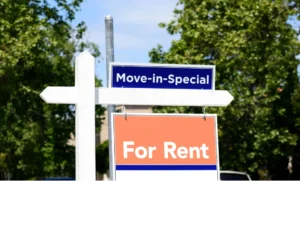
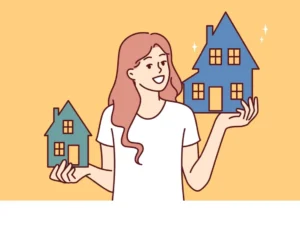
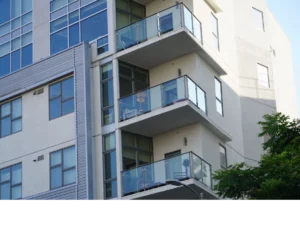
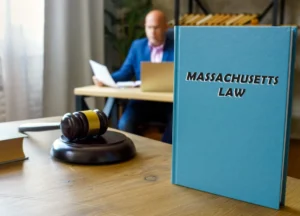


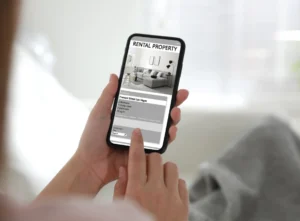




 Accessibility
Accessibility